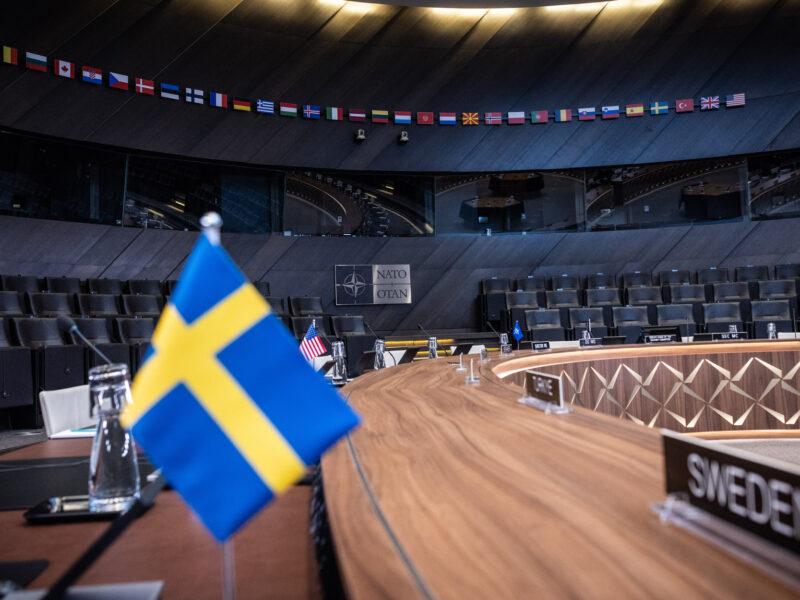Administrative Justice matters big time
A functioning system of administrative justice is a fundamental requirement of a society based on the rule of law. It signifies a commitment to the principle that the government, and its administration, must act within the scope of legal authority. It also signifies the right for individuals to seek legal redress whenever their rights, liberties or interests are negatively affected.
On 2 October, the FBA and ODIHR (Office of Democratic Institutions and Human Rights) launched the Handbook for Monitoring Administrative Justice.
The handbook is the first of its kind, chartering a new territory for rule of law and human rights promotion. It provides an overview of core fair trial standards in administrative justice alongside practical ‘how to’ guidance for monitoring in order to increase national and international capacities to support reform efforts in this field.
Human rights and the rule of law, what’s administrative justice got to do with it?
It’s not rocket science. More people interact with the administrative system than they do with the criminal justice system. Think of tax authorities, schools and civic registration. For individuals to have access to basic services, the administration must play by the rules. Someone must also make sure that they do and act when they don’t.
But it is not just about access to services, it is also about protection. Look at the case law from the European Court of Human Rights, United Nations Human Rights Committee or the Inter-American Court of Human Rights. On a daily basis, administrative agencies take decisions that affect individual’s rights and liberties. They seize private property and close down businesses or issues sanctions and fines. Administrative agencies play by the rules most of the time, but there are many times when they don’t.
In the world of international rule of law, security and human rights reformers, it is sometimes difficult to tell the story that administrative law and administrative justice matters for individuals, and that they matter big time. The weight of the bureaucracy and the defencelessness of the individual is eloquently captured in popular culture (think of, for example, Kafka’s ”The Process”) however, good documentation of real world examples is needed.
When researching and drafting this handbook, we came across countless examples where individuals are denied justice by both the administration and by the administrative courts set to uphold the rule of law. Quality in delivering justice is not relevant only for some courts or for a specific sector of the state. Most importantly, it does not matter to the individual.
Trial monitoring, a tool for change and advocacy
Trial monitoring is a very useful and powerful tool to support judicial reform consistent with domestic and international guarantees of a fair trial. Information from monitoring activities allows for a constructive engagement with the judiciary and the administration on things that can be improved. In countries where there is little political will to reform, monitoring can highlight important issues and signal violations to the international community.
In many countries the quality of administrative courts need to improve if they are to play an effective part in upholding the rule of law and protect human rights. But it is not always about winning the case that matters to people. Sometimes it is more about whether they felt respected and listened to by the court. This affects their perceptions of justice and in the long run, how they credit the state as being legitimate.
If we are to take rule of law and human rights seriously, it means support in areas where injustice takes place. The handbook is a small contribution to this end, but one that hopefully will be followed by future initiatives for protecting human rights and reinforcing the rule of law.
av Richard Sannerholm






